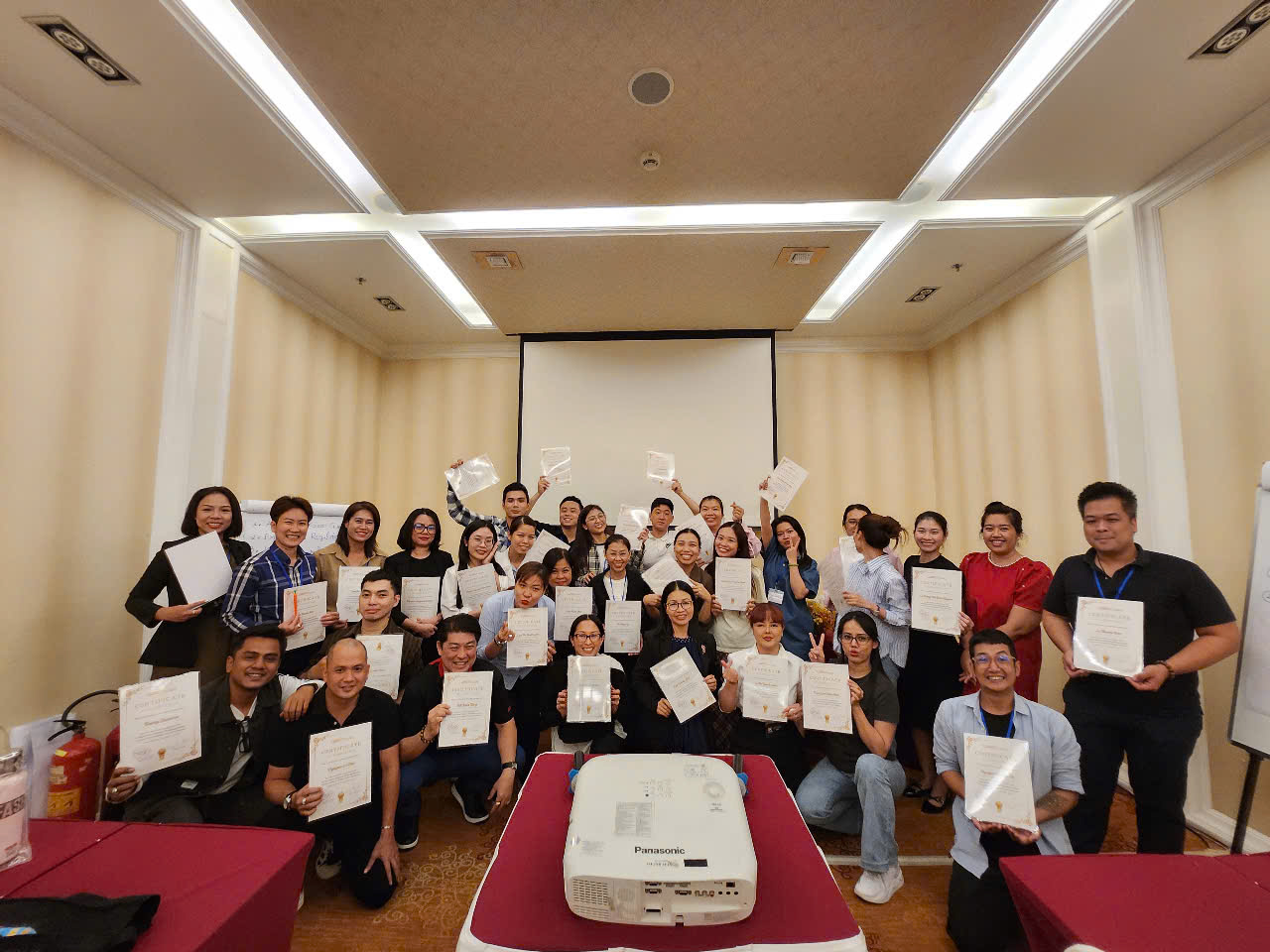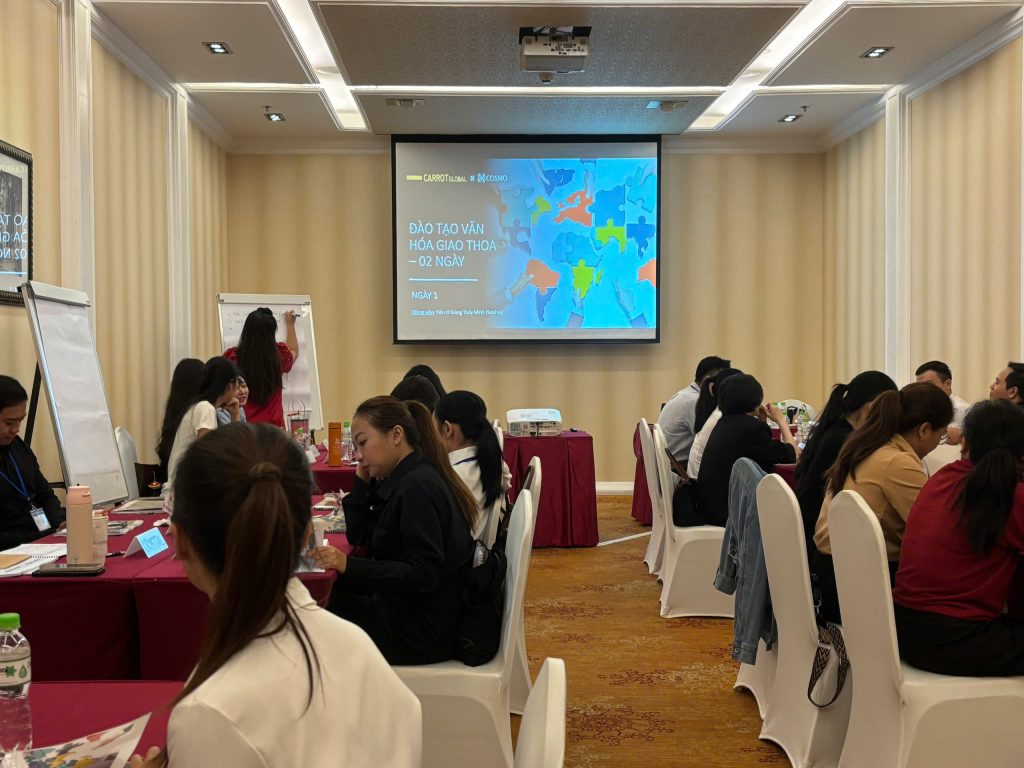02-Days Cross-Cultural Training Course: Master Global Communication with CARROT
In today’s interconnected world, mastering cross-cultural communication is more important than ever. The ability to interact effectively with people from diverse backgrounds can unlock opportunities that were previously out of reach. This article delves into the Cross-Cultural Training Course offered by CARROT, focusing on its curriculum, the cultural insights it provides, and the skills it imparts to its participants.
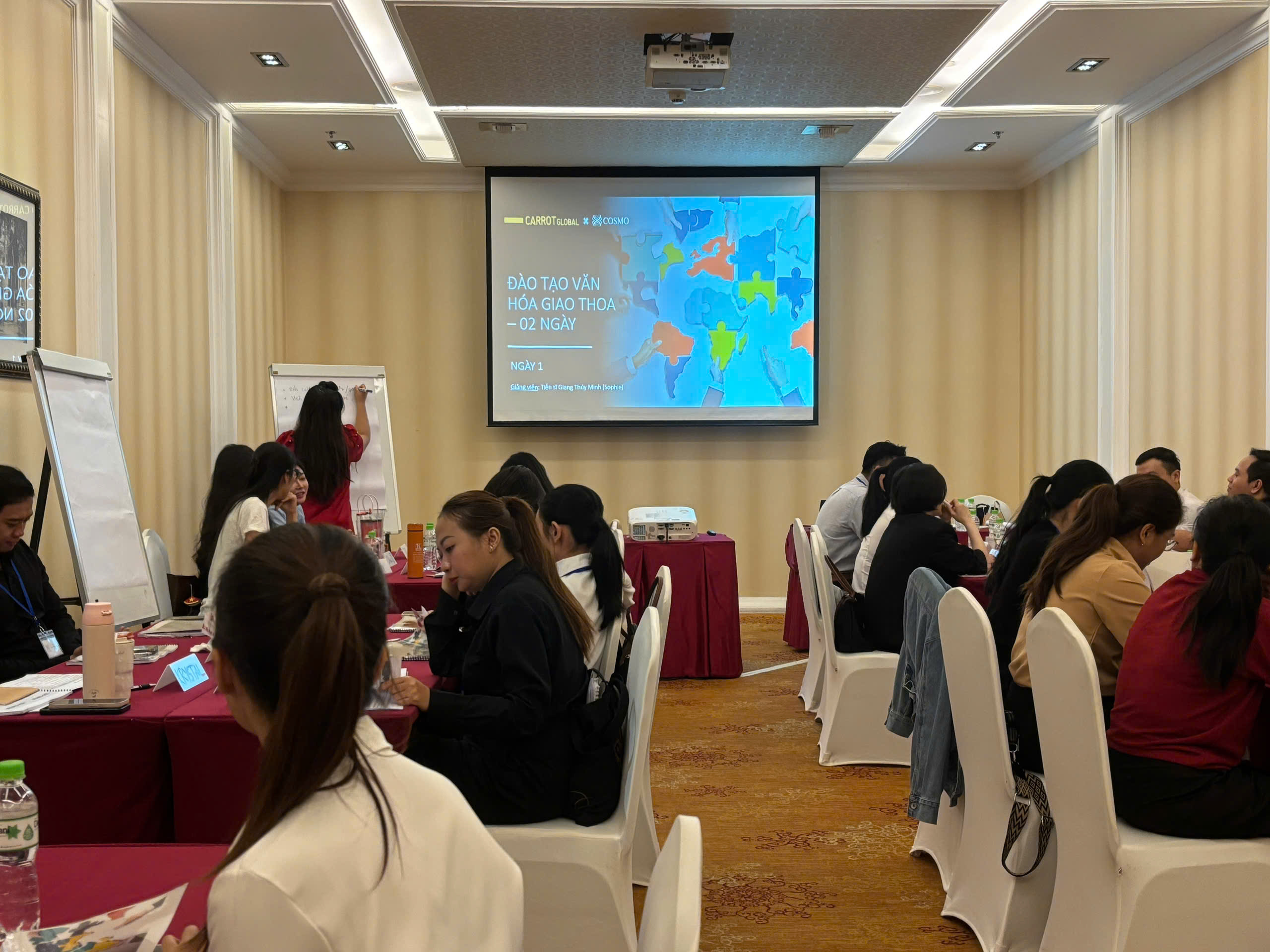
Introduction to Cross-Cultural Training
The Cross-Cultural Training Course is designed to equip professionals with the knowledge and skills needed to navigate the complexities of global communication. By focusing on cultural differences, business etiquette, and global communication skills, the course aims to create more culturally aware individuals who can thrive in diverse environments.
Understanding Cultural Differences
Cultural differences can significantly impact communication, as they influence how people perceive and interpret messages. Understanding these differences is crucial for effective global communication workshop. This aspect of the training focuses on recognizing and respecting cultural norms, values, and behaviors, which can vary greatly from one culture to another. Participants learn to identify potential cultural barriers and develop strategies to overcome them, ensuring smooth interactions and collaborations in a global context.

The Importance of Business Etiquette
Business etiquette is an essential component of international communication, as it sets the standards for professional interactions. This part of the course emphasizes the importance of understanding and adhering to cultural-specific business etiquette practices. Participants explore various topics, including appropriate greetings, dress codes, meeting protocols, and negotiation styles. By mastering these elements, they can build trust and respect with international partners, facilitating successful business relationships.
Global Communication Skills
Global Communication skills are vital for anyone working in a multicultural environment. This section of the course focuses on developing the ability to communicate effectively across cultural boundaries. Participants learn techniques for adapting their communication styles to suit different cultural contexts, enhancing their ability to convey messages clearly and persuasively. The course also covers the use of technology in global communication, ensuring participants are equipped to leverage digital tools to connect with colleagues and clients worldwide.
Exploring Asian Cultures
Understanding Asian cultures is a key focus of the International communication skills Program. By exploring the unique cultural characteristics of Vietnam, China, and Korea, participants gain valuable insights into these rapidly growing markets and learn how to engage effectively with people from these regions.
Vietnamese Culture for Expatriates
Vietnamese culture is rich and diverse, with a strong emphasis on community and family values. The course provides expatriates with an in-depth understanding of Vietnamese customs, traditions, and social norms. Participants learn about the significance of respect, the concept of ‘face,’ and the importance of maintaining harmony in social interactions. This knowledge helps expatriates adapt to their new environment and build meaningful relationships with their Vietnamese counterparts.
Insights into Chinese Culture
China’s cultural heritage is one of the oldest and most complex in the world. This section of the course offers insights into the core values and beliefs that shape Chinese society. Participants explore the importance of hierarchy, the role of Confucian principles, and the concept of ‘guanxi’ or personal connections. Understanding these cultural nuances enables participants to navigate the intricacies of Chinese business and social interactions with confidence and competence.
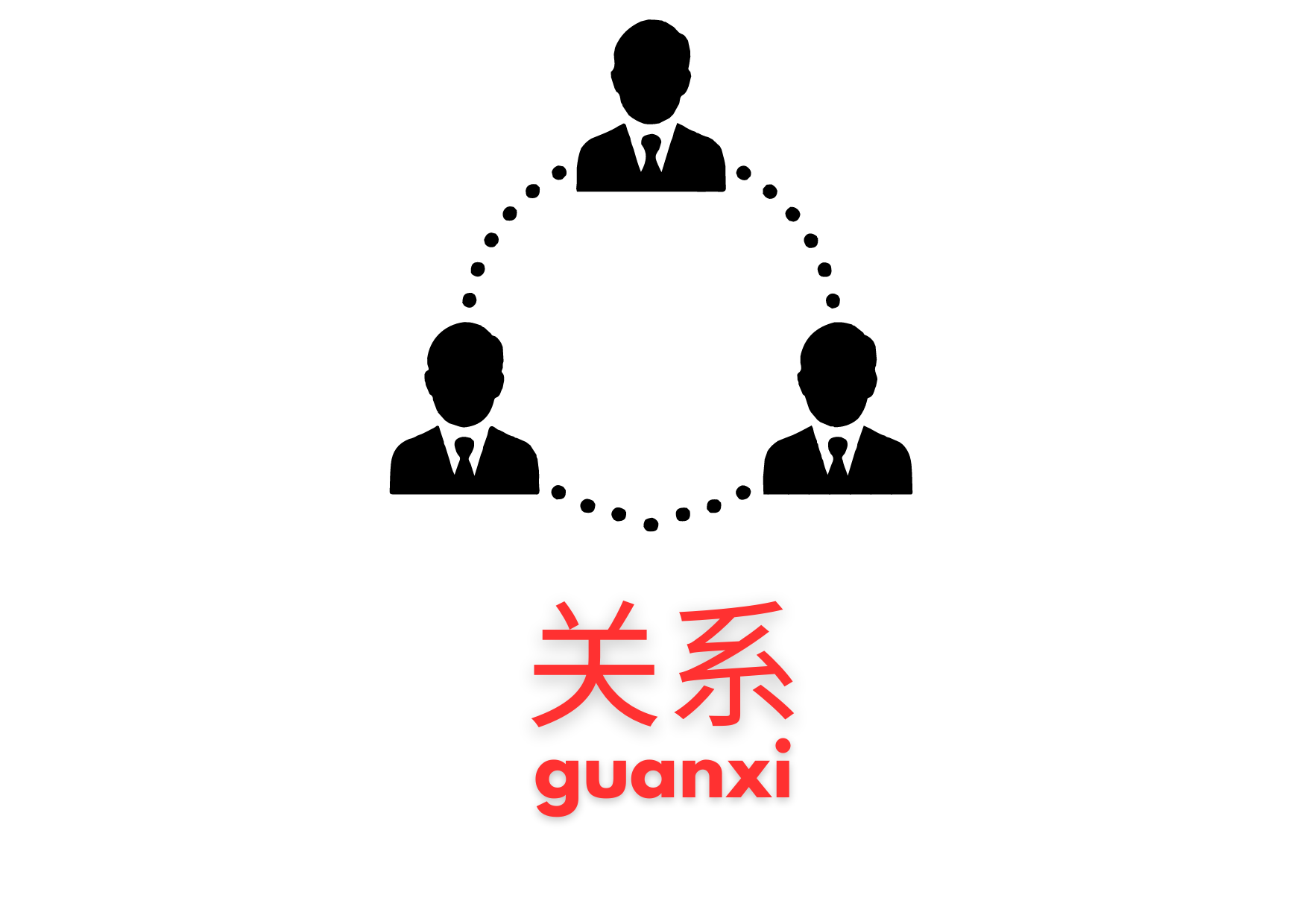
Korean Cultural Nuances
Korean culture is characterized by its unique blend of traditional values and modern influences. The course delves into the cultural nuances that define Korean society, such as the emphasis on respect for authority, the importance of collectivism, and the concept of ‘jeong’ or deep emotional bonds. By understanding these aspects, participants can build strong connections with Korean colleagues and partners, facilitating successful collaborations in both personal and professional settings.
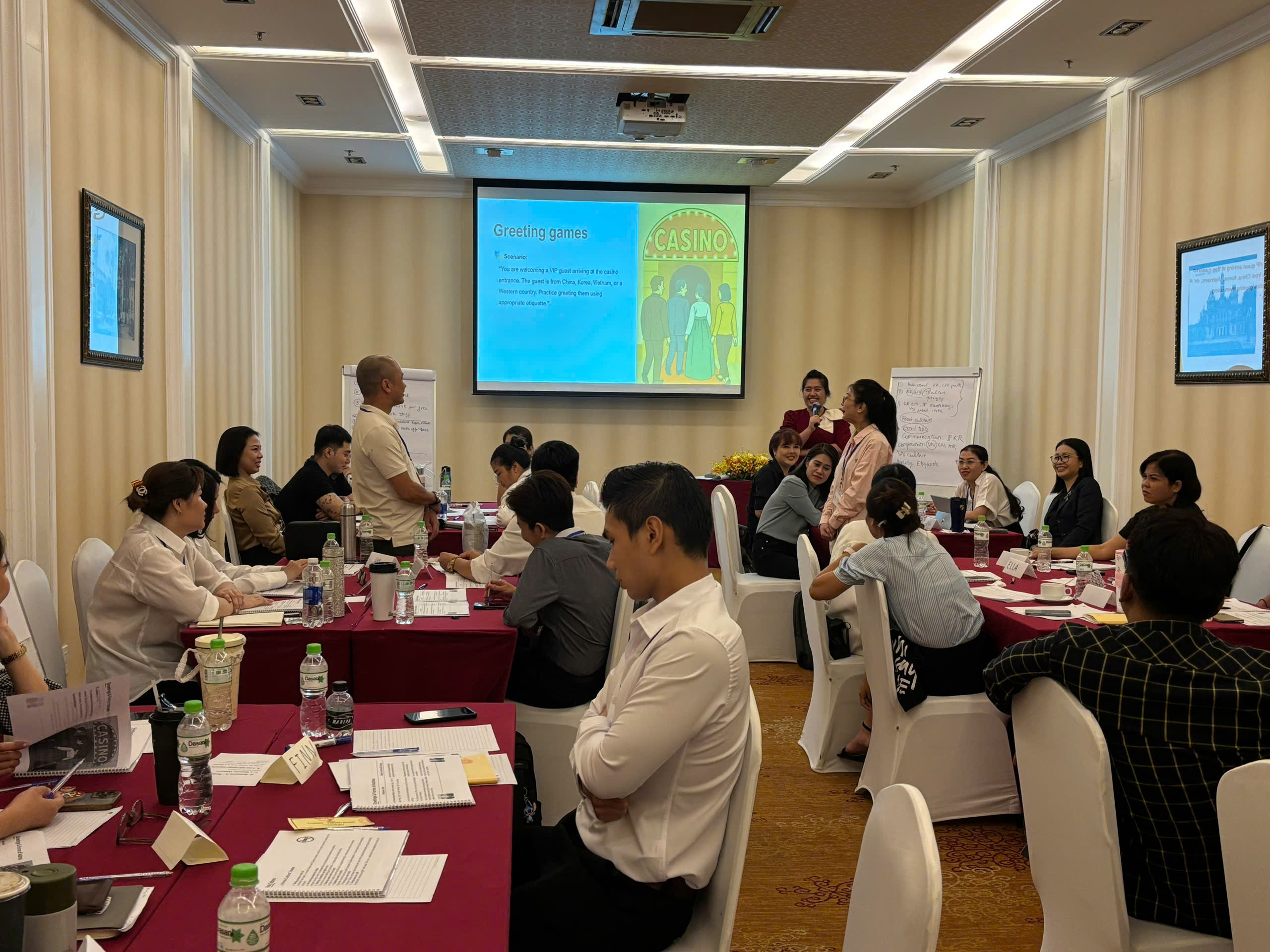
Benefits of Cross-Cultural Workshops
Participating in intercultural workshops offers numerous benefits, both professionally and personally. The skills and insights gained through these courses can have a lasting impact on an individual’s career and personal growth.
Enhanced Cross-Cultural Skills
One of the primary benefits of intercultural communication program is the enhancement of global communication skills. Participants develop a deeper understanding of diversity and learn how to communicate effectively with people from different backgrounds. These skills are invaluable in today’s globalized world, as they enable individuals to work collaboratively with international teams and navigate complex cultural dynamics with ease.
Impact on Career and Personal Growth
Diversity training can have a significant impact on an individual’s career and personal growth. By developing a global mindset, participants become more adaptable and open-minded, qualities that are highly valued in today’s competitive job market. Additionally, the ability to communicate effectively across cultures enhances an individual’s leadership potential, making them more attractive to employers seeking to expand their operations internationally.
Feedback and Recommendations
Feedback from participants highlights the effectiveness of the Cross-Cultural Training Course offered by CARROT. Many participants report feeling more confident in their ability to navigate global interactions and express a willingness to recommend the course to others. The course’s well-prepared learning materials and excellent management and operation by CARROT are frequently praised, contributing to its reputation as a valuable resource for anyone seeking to improve their international communication skills
Conclusion
In conclusion, the Cross-Cultural Training Course by CARROT offers a comprehensive and insightful exploration of global communication. By focusing on cultural understanding, business etiquette, and communication skills, the course equips participants with the tools they need to succeed in a diversity environment. Whether engaging with Vietnamese, Chinese, or Korean cultures, the skills and knowledge gained through this course are invaluable for anyone looking to enhance their cultural awareness and thrive in an increasingly interconnected world.
